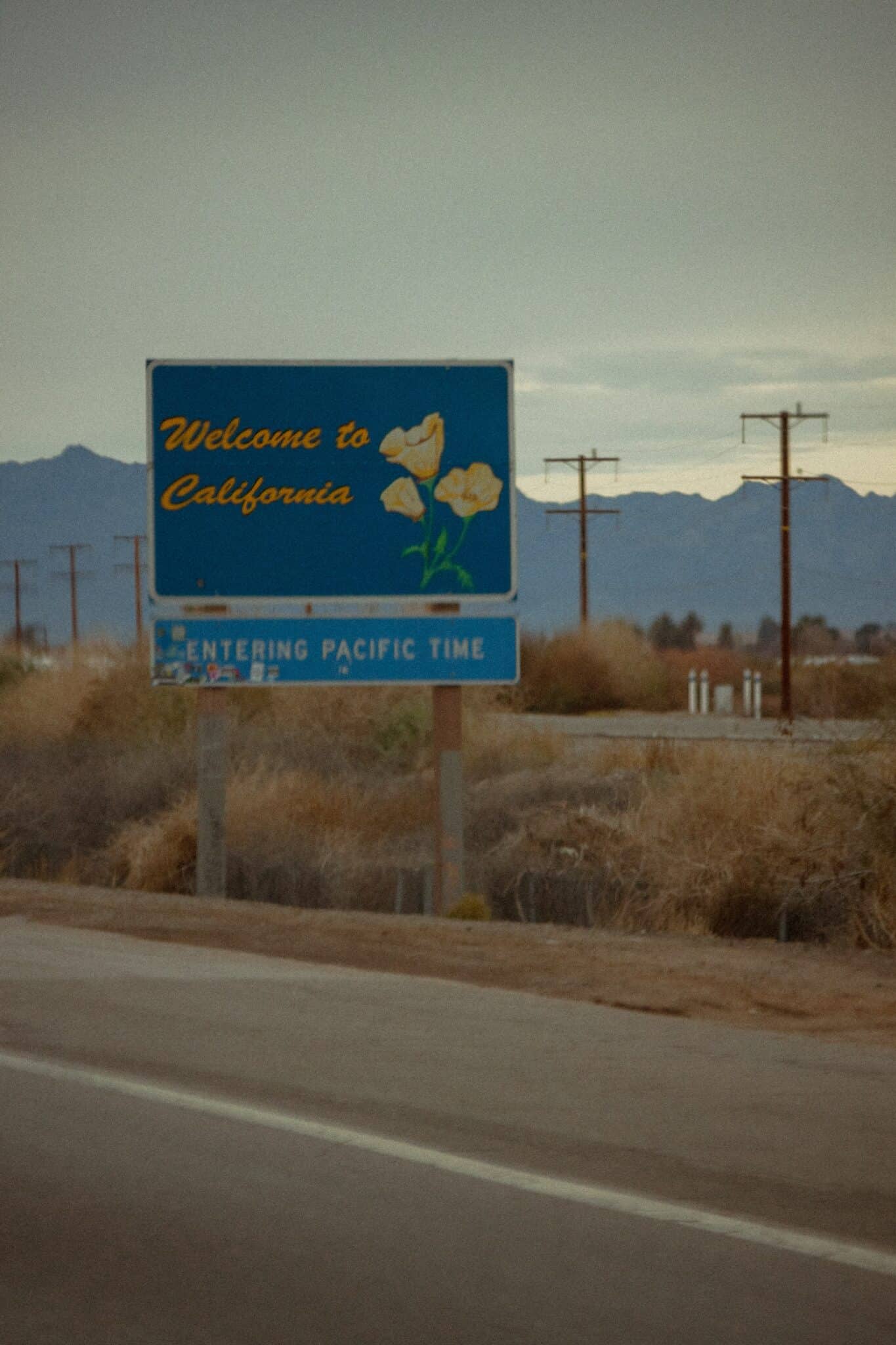
Jason Vazquez is a staff attorney at the International Brotherhood of Teamsters. He graduated from Harvard Law School in 2023. His writing on this blog reflects his personal views and should not be attributed to the Teamsters.
As the corporate-fueled effort to recall California Governor Gavin Newsom enters the home stretch, the governor’s campaign has increasingly tapped labor unions to galvanize support — which have spent millions resisting what they frame as an “antiworker” and “antiunion” initiative.
Though a surge of support from the state’s unions propelled Newsom into the governor’s mansion in 2018, a number of conservative positions he adopted early in his tenure — abandoning his proposals for single-payer healthcare and vetoing a series of prounion legislation, for example — yielded sustained criticism from labor. Even so, unions have largely embraced the governor’s leadership during the pandemic, and his sensitivity to the class struggle far eclipses that of his leading opponent, a reactionary radio host who insists the minimum wage is unlawful and has labeled the notion that “unions are for workers” a “myth.”
The new Democratic majority on the Labor Board is “poised to carry out sweeping policy changes” in the coming months, Politico previews, which could dramatically shift the economy’s balance of power “toward workers and away from employers.” Among other things, the incoming majority has signaled interest in expanding the statutory definition of “employee,” broadening the scope of protected concerted activity, and heightening the damages exposure for companies that illegally interfere with their employees’ organizing activities.
While Politico says these policies could “serve as a backdoor for enacting provisions included in [the PRO Act]” — the comprehensive labor law reform bill that was approved by House Democrats earlier this year but remains stalled in the Senate — in reality the transformative capacity of the Board’s policy initiatives is limited. Any new policy the agency adopts may be abrogated or reversed by its next Republican majority — not to mention set aside by reviewing courts historically hostile to labor. All told, administrative policymaking supplies no substitute for the sweeping statutory overhaul many regard as essential to revitalizing the labor movement.
Sen. Elizabeth Warren (D-MA) is set to join workers and union members at a rally in Boston today aiming to ratchet up the pressure on major rideshare companies to withdraw their exorbitant ballot initiative that would cement gig drivers’ status as independent contractors under Massachusetts law. The initiative — bankrolled by the largest digital platform-based employers in the country — is analogous to California’s notorious Prop. 22, which a judge recently set aside as discordant with the state’s constitution.
New data disclosed Monday shows that union density has ticked upward in the last couple years, such that unions currently represent a larger segment of U.S. workers than at any time in the past decade. The figures largely reflect the many furloughs and discharges stemming from the pandemic, which displaced nonunion workers much more aggressively than their unionized counterparts.
The data displays the impressive degree to which unions insulated their members from economic dislocation during the pandemic. New research from UCLA underscores the contrast, revealing that nonunion Latino workers, in particular, were nearly seven times more likely to lose their jobs in the early months of the pandemic.
All told, despite the devastating economic dislocation the pandemic unleashed — and the poverty and precarity it deepened — as Kevin observed over the weekend, the labor movement may have emerged in its strongest position in decades.






Daily News & Commentary
Start your day with our roundup of the latest labor developments. See all
February 19
Union membership increases slightly; Washington farmworker bill fails to make it out of committee; and unions in Argentina are on strike protesting President Milei’s labor reform bill.
February 18
A ruling against forced labor in CO prisons; business coalition lacks standing to challenge captive audience ban; labor unions to participate in rent strike in MN
February 17
San Francisco teachers’ strike ends; EEOC releases new guidance on telework; NFL must litigate discrimination and retaliation claims.
February 16
BLS releases jobs data; ILO hosts conference on child labor.
February 15
The Office of Personnel Management directs federal agencies to terminate their collective bargaining agreements, and Indian farmworkers engage in a one-day strike to protest a trade deal with the United States.
February 13
Sex workers in Nevada fight to become the nation’s first to unionize; industry groups push NLRB to establish a more business-friendly test for independent contractor status; and UFCW launches an anti-AI price setting in grocery store campaign.